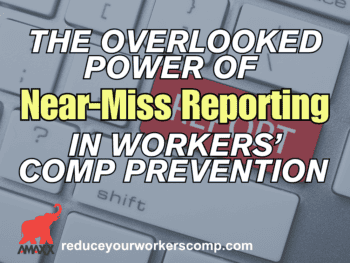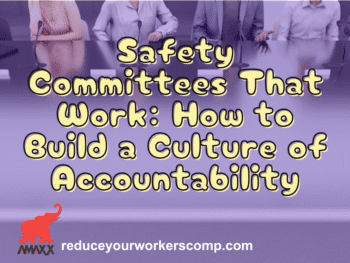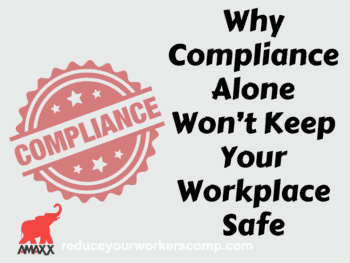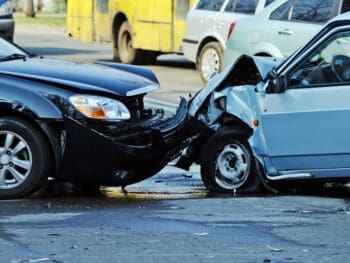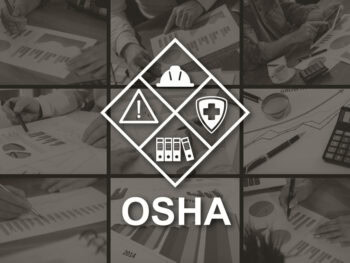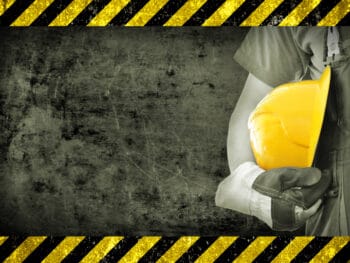New Zealand has just a single inspector to oversee safety in its oil exploration industry, echoing concerns brought about policing the coal mining industry following the Pike River disaster
According to nzherald.co.nz, the single Department of Labor oil well inspector must monitor health and safety on a minimum of seven installations to guard against accidents like the blowout that killed 11 workers on a rig in the Gulf of Mexico. (WCxKit)
A Government-ordered review released recently shows the inspectorate is significantly under-resourced.
Of other countries studied, Australia has one inspector for every three installations, Britain one for every two and Norway one per installation.
The New Zealand inspector is also responsible for onshore petroleum and geothermal activities.
"Thus the New Zealand inspectorate appears significantly under resourced with respect to regulatory review, monitoring, inspection and enforcement," according to reviewers Atkins Holm Joseph Majurey and international consultancy Environmental Resource Management.
Petroleum Exploration and Production Association executive officer John Pfahlert claimed immediate attention was needed so the Department of Labor could make more effective inspections. Some 15 years ago there were up to 10 inspectors.
The report's saying that [one] isnt enough – you need three at a minimum plus a couple of support staff and that's the same within the jurisdiction of the Labor Department," Pfahlert said.
The few Department of Labor mines inspectors – just three – has been highlighted following the tragedy at Pike River in which 29 workers died.
The Engineering Printing and Manufacturing Union's national secretary Andrew Little stated Pike River was a reminder safety was not negotiable.
"This cutting down on state agencies responsible for health and safety monitoring should not be tolerated," he commented. "The level of hazard in oil and gas exploration and production is akin to that in underground mining and no expense should be spared."
Energy and Resources Minister Gerry Brownlee released the report which is calling for submissions in response to the recommendations. (WCxKit)
"I think if we're going to have more of this activity we have to make sure we have high levels of compliance – how we achieve that is yet to be determined," Brownlee added.
Author Robert Elliott, executive vice president, Amaxx Risks Solutions, Inc. has worked successfully for 20 years with many industries to reduce Workers Compensation costs, including airlines, healthcare, printing/publishing, pharmaceuticals, retail, hospitality and manufacturing. Contact: Info@ReduceYourWorkersComp.com or 860-553-6604.
Author Robert Elliott, executive vice president, Amaxx Risks Solutions, Inc. has worked successfully for 20 years with many industries to reduce Workers Compensation costs, including airlines, healthcare, printing/publishing, pharmaceuticals, retail, hospitality and manufacturing. Contact: Info@ReduceYourWorkersComp.com or 860-553-6604.
WC IQ TEST: http://www.workerscompkit.com/intro/
WORK COMP CALCULATOR: http://www.LowerWC.com/calculator.php
MODIFIED DUTY CALCULATOR: http://www.LowerWC.com/transitional-duty-cost-calculator.php
WC GROUP: http://www.linkedin.com/groups?homeNewMember=&gid=1922050/
SUBSCRIBE: Workers Comp Resource Center Newsletter
Do not use this information without independent verification. All state laws vary. You should consult with your insurance broker or agent about workers comp issues.
SUBSCRIBE: Workers Comp Resource Center Newsletter
Do not use this information without independent verification. All state laws vary. You should consult with your insurance broker or agent about workers comp issues.
©2010 Amaxx Risk Solutions, Inc. All rights reserved under International Copyright Law. If you would like permission to reprint this material, contact Info@WorkersCompKit.com.

